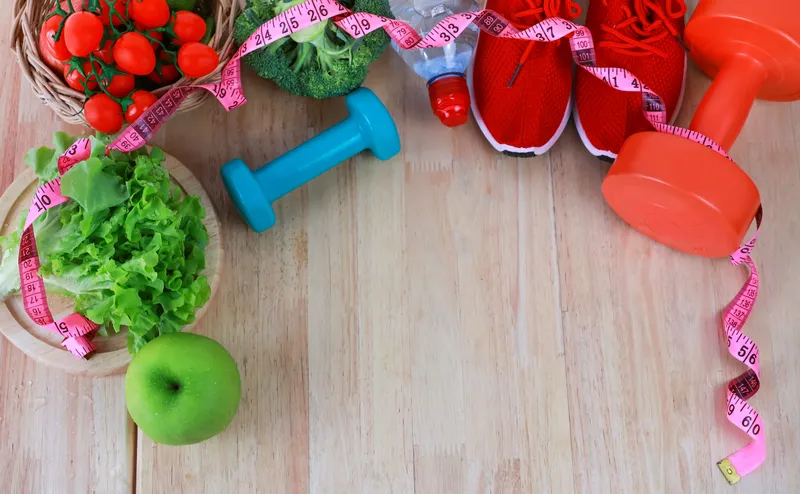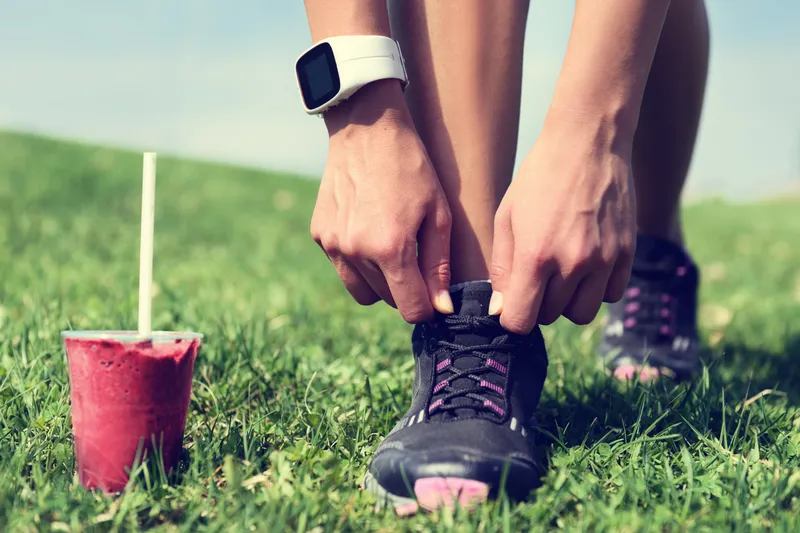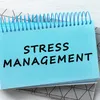What to eat before and after working out
Is it better to eat before or after your workout? In this article, we walk through each of the factors, while considering guidelines on what, when and how to eat around your workouts
The interplay between exercise and food has many facets to it.
Planning your exercise times with your mealtimes, including the right foods at the right time, is key to great digestive health, optimal detoxification, great sleep, and vibrant health. Is there a perfect guide-line for getting this intersection right? Like anything else, this really depends on the individual and some factors.

What to consider before planning to eat around workouts?
Is it better to eat before or after your workout? This is not something that can be answered right off the bat. It depends on factors which include your wake-up time, your daily schedule, when you plan your workout, what form of exercise you are doing that day, and your sleep time in relation to your workout time. Let’s walk through each of these, while considering guidelines on what, when and how to eat around your workouts.
How food and workouts interplay with each other
1. When you wake up matters tremendously, alongside when you tend to eat. If you are someone who wakes up at the crack of dawn and plan your movement at the very start of your day, then it can be ideal to work out in a fasted state.
On the other hand, if you are planning your workout much later in the day, consider having a breakfast, so that you have a couple of hours from the time you finish eating to the time you work out. Staying without eating and waiting several hours before your exercise, may not work for many, especially women. If you find yourself irritable and possibly dizzy during your exercise, you need something different.
If you are having breakfast and exercising few hours later, make sure it is wholesome and balanced, as any meal would be. This can include avocado and eggs, a protein smoothie, poha with green peas, or oats and almond pancakes.
2. What does your daily schedule look like? A lot of people exercise close to work and run to their office. This can mean poor nutrition choices after a workout, and that it not ideal. Post exercise, you deplete glycogen stores and put the muscles through some stress. You need optimal protein to promote recovery.
Finding yourself terribly sore for several days post exercise means that you are not getting optimal protein. Protein is the building block of all repairs. It also helps to rehydrate after you have depleted electrolytes. Not nourishing appropriately leads to electrolyte depletion, which can show up as muscle fatigue, headaches, and mood fluctuations.
Post workout protein packed meals include eggs and vegetables, peanut butter in rye bread, toasted nuts and a protein shake, sugar free granola with almond milk, kadalai (black chickpeas) curry and dosa, or brown rice, rajma and vegetables. Depending on whether your post workout meal is breakfast or lunch, you can choose your options. Always ensure protein. If you are like me, you might like the breakfast options even at lunch time!

3. Evening workouts are very much linked to sleep. Scheduling heavy workouts in the evening can be activating and detrimental to sleep. Always make sure that you do eat a balanced meal after you have showered post exercise.
These can include a salad and protein, grilled fish with sweet potato wedges, masoor roti with mixed vegetable curry and dahi, and quinoa mung khichadi. If you are practicing intermittent fasting, always ensure that your exercise in the evening is earlier than your dinner.
4. The form of workout also impacts your choices of when, how, and what to eat before or after. Yoga and lighter forms of exercise can be included at several times in the day, if it is about two hours post a meal. Again, if these are very early in the morning, you do not need to eat before. However, this depends on sleep quality.
Forcing yourself to not eat after a night of suboptimal sleep is setting yourself up for troubling symptoms. Tweak your protocols on a day-to-day basis, based upon all these factors. Endurance workouts like running, cycling, and swimming may need more carbohydrates. But as a general guideline, for daily exercise, you need optimal protein and balanced meals.
5. When it comes to sleep time, the main thing to consider is that evening workouts are not too heavy. If you do not have time to exercise in the morning, keep your workouts lighter in the evening, unless they are earlier in the evening.
Heavy workouts that release adrenaline and endorphins are known sleep disruptors. You need enough time after that for that raised core body temperature to cool down allowing for optimal sleep. If you are working out in the evening, and you have eaten a wholesome lunch which has had protein, fats and fibre, you do not need a pre workout snack. What you need is ample hydration through the day. Avoid snacking small amounts after a workout and then eating much later. Always consider eating wholesome full meals post your workout.
As you can see, there are so many possible ways you can connect food and exercise. Each one of us is unique. Our lifestyle is unique. Take time to plan what you eat after your workout. Avoiding racing from your workout to your work, without replenishing your body appropriately. This is really critical to how your mood and energy behave through the day.
Edited by Anju Narayanan








